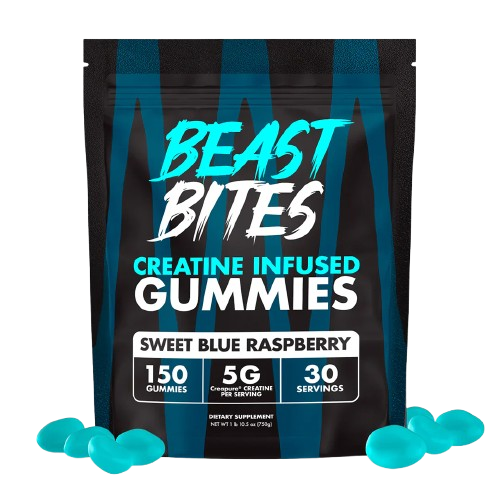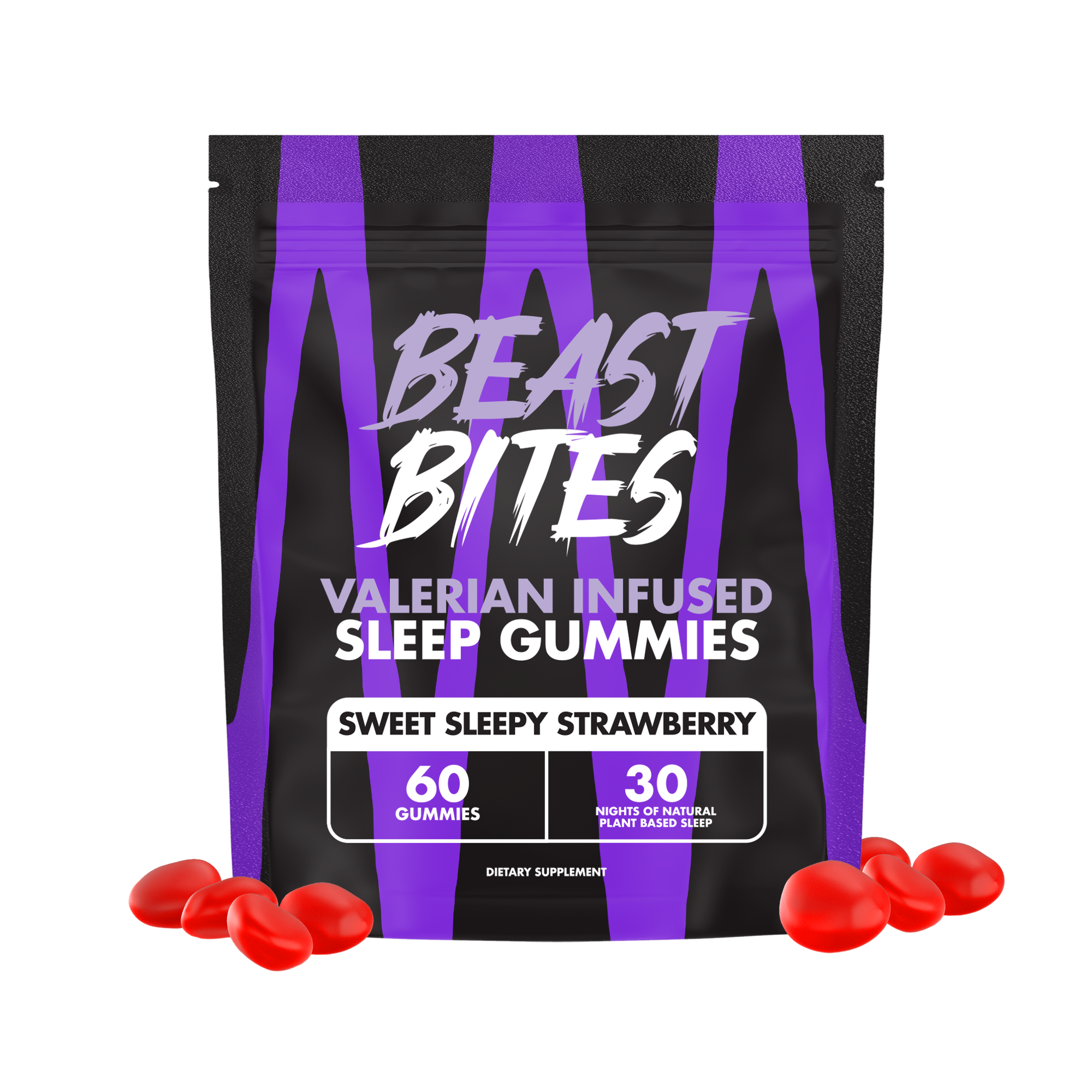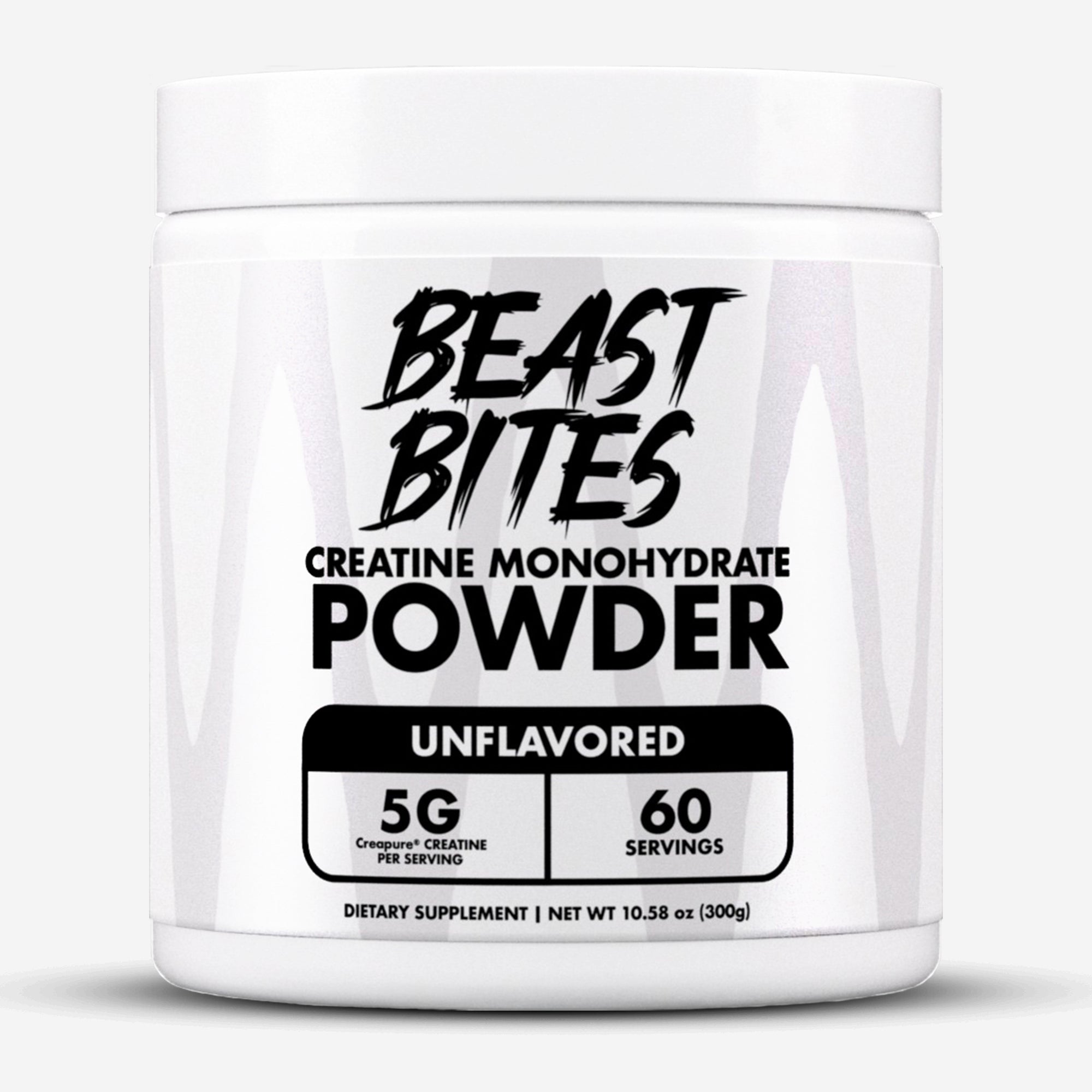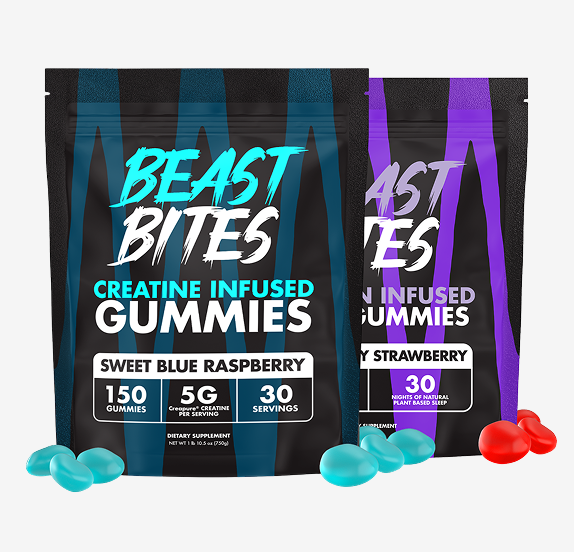Sleep is crucial for workout recovery as it allows the body to repair and rebuild muscle tissues that have been stressed during exercise. During sleep, the body releases growth hormone, which aids in muscle recovery and growth, while also regulating energy metabolism and immune function, all essential components for effective recovery after a workout.
If you’re looking to get the most from your workout, you can’t overlook sleep as part of your routine. However, even when you put your body through a grueling workout, you may find yourself struggling to get the quality sleep you need to truly recover. If you’ve not prioritized sleep for workout recovery or are trying to figure out how to get the sleep you need without waking up groggy, this post is for you. We explain just how a good night’s sleep is vital to your goals and how the best sleep gummies can give you what you need without damaging your productivity the next day.
7 Benefits of Calm Sleep Gummies for Recovery
While you may understand how important a recovery workout is, not getting adequate rest impacts your overall recovery. Whether it’s the stress of your day or the tasks that keep you up late at night, getting to sleep may be difficult, and staying asleep may prove even more challenging.
But when you use the best sleep gummies to give you a calm, restful sleep with no grogginess the next day, you’ll notice the impact sleep has on recovery. An essential element of your workout routine, rest can enhance your recovery with these benefits:
- Muscle repair and growth: During deep sleep stages, the body releases growth hormone, a crucial factor in repairing and building muscles. This hormone stimulates tissue growth, promotes protein synthesis, and aids in the repair of micro-tears that occur during exercise. Without adequate sleep, the body may produce less growth hormone, hindering the muscle repair and growth process.
- Tissue repair: Sleep is a period of active tissue repair and regeneration throughout the body. During sleep, cells undergo repair processes, including the removal of metabolic waste and the replenishment of cellular components. This repair extends to muscles, ligaments, tendons, and other tissues stressed during exercise, helping to restore their integrity and function.
- Hormone regulation: Sleep plays a critical role in regulating various hormones involved in exercise recovery, including cortisol, insulin, and growth hormone. Cortisol, often elevated during periods of stress or insufficient sleep, can impair muscle recovery and increase the risk of injury. Adequate sleep helps maintain hormonal balance, promoting optimal conditions for muscle repair, energy production, and metabolic function.
- Energy restoration: Sleep is essential for replenishing energy stores depleted during physical activity. During sleep, the body restores glycogen levels in the muscles and liver, which serve as the primary fuel source during exercise. Adequate sleep ensures that energy reserves are fully replenished, optimizing performance and preventing fatigue during subsequent workouts.
- Immune function: Sleep plays a crucial role in supporting immune function, helping the body defend against infections and illnesses. During sleep, the immune system releases cytokines, proteins that regulate immune response and promote tissue repair. Chronic sleep deprivation suppresses immune function, increasing susceptibility to infections and delaying recovery from illness or injury. Prioritizing adequate sleep enhances immune resilience, reducing the risk of illness that could disrupt exercise routines and hinder recovery.
- Mental recovery: Sleep is essential for mental recovery, promoting cognitive function, mood stability, and emotional well-being. Quality sleep enhances memory consolidation, learning, and decision-making, factors that contribute to effective exercise planning and execution. Additionally, sleep deprivation can impair mood regulation and increase feelings of irritability, stress, and anxiety, which may negatively impact exercise motivation and adherence. Prioritizing sufficient sleep supports mental resilience, enabling individuals to approach exercise with focus, enthusiasm, and positivity, contributing to long-term success and enjoyment.
Why You Need a Melatonin-Free Sleep Aid for Workout Recovery
The busyness of life, in addition to the workouts you put yourself through each day, take their toll, but if you aren’t getting the deep, recovery sleep you need, your physical goals can suffer.
For adequate muscle recovery, it's essential to prioritize both the duration and quality of sleep. You need plenty of uninterrupted sleep each night to allow the body to undergo essential repair processes. Quality sleep involves sufficient time spent in restorative sleep stages, particularly deep sleep, where the body experiences peak muscle repair and growth.
For truly effective sleep, your body needs the following:
- Aim for seven to nine hours to allow your body to complete essential sleep cycles. These cycles include both non-rapid eye movement (NREM) and rapid eye movement (REM) sleep stages, each serving unique functions in physical and mental restoration.
- Quality sleep also involves experiencing uninterrupted periods of rest, characterized by minimal disturbances such as awakenings during the night. This uninterrupted sleep allows the body to progress through the various sleep stages smoothly, facilitating optimal recovery and regeneration processes.
- The best rest entails achieving restorative sleep patterns, including adequate time spent in deep sleep stages, where the body undergoes essential physiological repair and growth. Deep sleep is characterized by slower brain waves and is crucial for muscle repair, immune function, and memory consolidation.
You can do several things to get the sleep you need, including:
Take a melatonin-free sleep gummy: When you need a sleep aid, you need something that helps you get to sleep and the quality of sleep your recovery requires. But because your lifestyle and workouts are a priority, you also don’t want anything that makes you groggy or adds ingredients that interfere with your diet and nutrition. So taking a melatonin-free gummy can be the answer you need.
- Establish a consistent sleep schedule: Go to bed and wake up at the same time every day, even on weekends, to regulate your body's internal clock.
- Create a relaxing bedtime routine: Engage in calming activities before bed, such as reading, taking a warm bath, or practicing relaxation techniques like deep breathing or meditation, to signal to your body that it's time to wind down.
- Ensure a comfortable sleep environment: Make sure your bedroom is quiet, dark, and cool, and invest in a comfortable mattress and pillows that support your preferred sleep position.
- Limit exposure to screens before bed: Avoid electronic devices such as smartphones, tablets, and computers at least an hour before bedtime, as the blue light emitted can disrupt sleep.
- Watch your diet and caffeine intake: Avoid heavy meals, caffeine, and alcohol close to bedtime, as they can interfere with sleep quality and disrupt your sleep cycle.
- Get regular exercise: Engage in regular physical activity during the day, but avoid vigorous exercise close to bedtime, as it can stimulate your body and make it harder to fall asleep.
- Manage stress: Practice stress-reduction techniques such as mindfulness, yoga, or journaling to help relax your mind and body before bed.
Limit naps: While short daytime naps can be beneficial, avoid long or late naps, as they can interfere with your ability to fall asleep at night.













